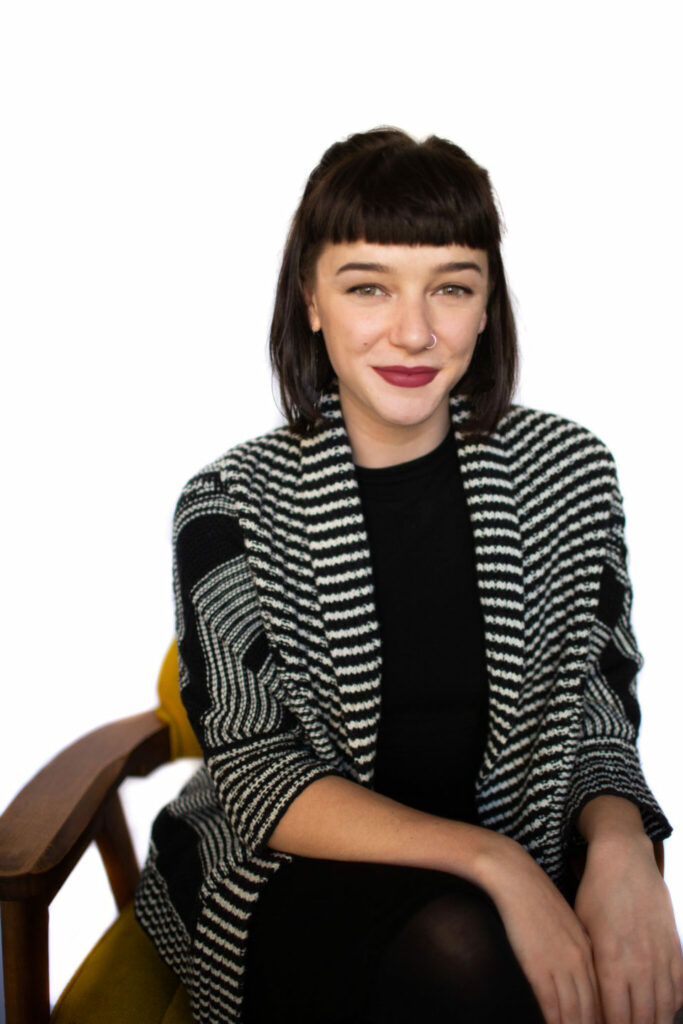ASHLEIGH STARNES | May 6, 2021
This year, we partnered with Emory University for the first-ever Mellon Public Writing Fellowship. Here’s what our fellow had to say about the experience.
Through the Emory Writing Program, AVLF hosted our very first Mellon Public Writing fellowship this year. The fellowship is designed to create lasting and mutually-beneficial connections between research academics and public-interest organizations like AVLF:
The MPW Fellowship responds to recent academic calls to re-envision doctoral work by broadening our understanding of the activities that comprise research, teaching, and service in the context of the trend toward a more civically engaged university. Co-created community partner projects that seek to engage public audiences beyond academe offer graduate students an opportunity to develop expertise in community knowledge outside of the university. MPW fellows will partner with a community organization to develop and execute a writing project(s) that is mutually beneficial to the fellow and partnering organization. (Emory Writing Program)
Kaitlin Banfill, a graduating PhD in Anthropology, helped us write and design client-facing content for both print media and the website. Here’s what she had to say about the experience.
AVLF: What first drew you to the Mellon Public Writing Fellowship?
KAITLIN BANFILL: I have always been interested in public anthropology and thinking about how we, as academics, can better use our skills to engage in dialogue with the surrounding community. The Mellon Public Writing Fellowship is unique in that it pairs PhD students with community organizations, so I was excited about the chance to learn about local issues as well as the efforts that people are making to confront these issues.

Designing client-facing content helped me to learn about this in practice, thinking particularly about how to make clients feel comfortable, safe, and cared for when providing them with information about legal processes.
AVLF: What are the two most important things you learned while working with AVLF?
KB: One important thing that I learned while working with AVLF is the importance of speaking and writing as an advocate for clients and communities. This is also something that I have tried to do while writing ethnography. Designing client-facing content helped me to learn about this in practice, thinking particularly about how to make clients feel comfortable, safe, and cared for when providing them with information about legal processes.

Academics can learn from nonprofits about community engagement, policy, and advocacy.
Secondly, I also learned about the importance of teamwork and communication in the process of public writing/public service. As academics, we generally work alone or with a small circle of advisors and colleagues when thinking about ideas for papers and presentations. Working with AVLF revealed that ongoing discussion and feedback can better help develop ideas and create a more accessible finished product.
AVLF: Why do you think it’s important for nonprofits and the academic world to work together?
KB: It is very easy for academics to become isolated and only speak to people within their discipline. For example, conferences, journals, and academic presses are all divided according to discipline and people rarely step out of their comfort zones. Many academics are deeply concerned about issues of social justice, equality, and developing community resources, but they seldom get the chance to practice this when they stay within the confines of their discipline. Partnering with nonprofits is a useful way to get academics involved in working towards the public good. Academics can learn from nonprofits about community engagement, policy, and advocacy.

I think collaboration between nonprofits and the academic world is particularly beneficial for confronting social issues and creating a more just and equitable society.
At the same time, academics’ ideas and skillsets are beneficial for Nonprofits. Anthropologists, for example, are well trained in social theory and have experience conveying information to a wider audience. We spend time thinking about questions that align with the concerns of nonprofits such as identity, representation, intersectionality, and subjectivity. For this reason, I think collaboration between nonprofits and the academic world is particularly beneficial for confronting social issues and creating a more just and equitable society.
AVLF: What advice would you give to other students who are wondering how to use their writing skills for the public good?
KB: Get involved. I would encourage them to think about an issue that they care about and offer their skills and services where they are needed. This does not have to be related to their research or even in their realm of expertise, but something that they are willing to learn about. It is very easy for PhD students to solely pursue things that align with their own academic interests or their own personal development. While this is important to some extent, it’s also the antithesis of what many academics claim to be concerned about, such as social equity and justice. In order to mediate this, I would suggest that more academics get out of their comfort zone and learn about something new, so that they can not only expand their writing skills and practice synthesizing new information, but also work towards the public good. In most cases, this means asking what the community needs or an organization needs (rather than what you need) and then learning and working together.
Want to learn more? Check out Kaitlin’s blog post for Emory.

Ashleigh Starnes
Communications Manager
As AVLF’s Communications Manager, Ashleigh works in website content development, social media outreach, and various other forms of communication with our clients, volunteers, and supporters.
Ashleigh is ever-eager to share the remarkable stories of our work, and the impact of AVLF’s staff and volunteers on our community.
Before joining AVLF, Ashleigh was a Fulbright Scholar in Turkey. She holds a BA in English and Linguistics from the University of Georgia. She is also a performance artist, and can occasionally be seen performing movement pieces, poetry, and combinations of the two around Atlanta and beyond.
Check out more from this author.